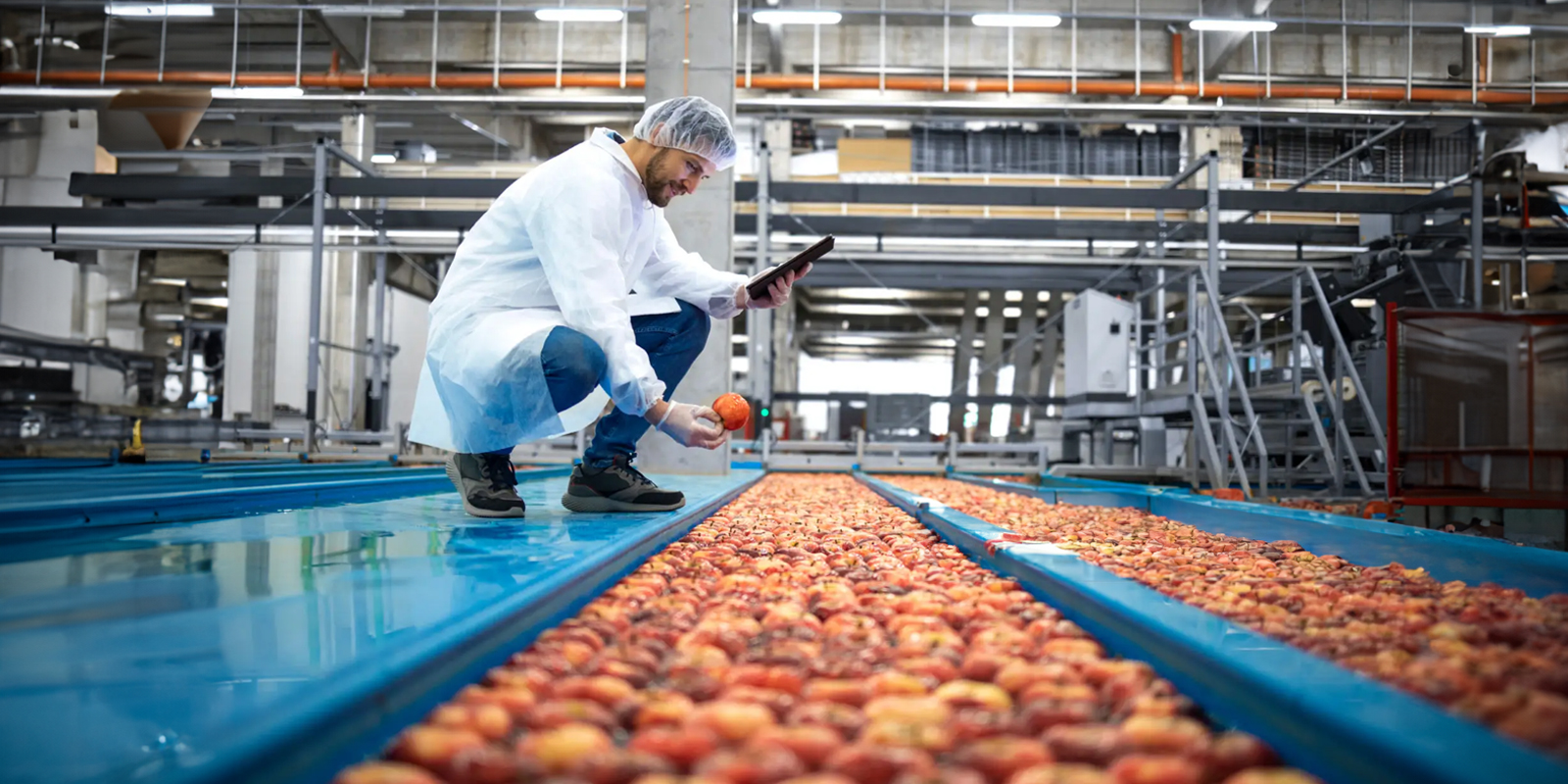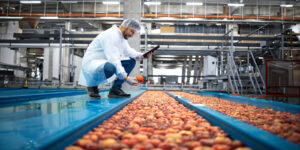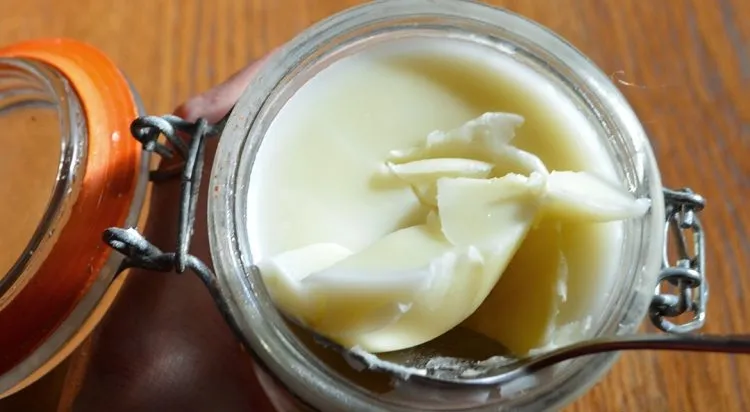- +91 9289351688
- +91 9311241133
- enquiry@farelabs.in
- Mon - Sat: 9:30 - 19:00
- Home
- About Us
- ServicesTESTINGCALIBRATIONPROFICIENCY TESTINGINSPECTION & AUDITINGOTHER SERVICESTESTINGFOOD & AGRICULTURAL PRODUCTSENVIRONMENT & POLLUTIONCHEMICALSPHARMA & AYUSHATMOSPHERIC POLLUTION & GASESCOSMETICS & PERSONAL CARETESTING DISCIPLINEFUELS & BIOFUELSPAPER, PULP & PLASTICSFOOD & AGRICULTURAL PRODUCTSENVIRONMENT & POLLUTIONCHEMICALSPHARMA & AYUSHATMOSPHERIC POLLUTION & GASESCOSMETICS & PERSONAL CARETESTING DISCIPLINEFUELS & BIOFUELSPAPER, PULP & PLASTICSCALIBRATIONPROFICIENCY TESTINGINSPECTION & AUDITING

INSPECTION BODY
FARE Labs is accredited with NABCB as per ISO 17020:2012 (Third Party Inspection Body) Scope includes:
- IAF Scope 03 – Cereals, Grains, Edible Oils, Oilseeds, Fats, Tea, Coffee, Sugar, Spices, Feed & Fodder, Alcohol – KNOW MORE
IAF Scope 30 – Catering, Hotels, Canteens, Banquets, and Restaurants –
KNOW MORE
INSPECTION BODY
FARE Labs is your dedicated partner in ensuring the highest standards of food safety and quality. Our expert team is committed to safeguarding your reputation and protecting consumers by conducting thorough assessments, audits, and compliance checks.
OTHER SERVICES - Media & Events
- Careers
- Contact Us
- Home
- About Us
- ServicesTESTINGCALIBRATIONPROFICIENCY TESTINGINSPECTION & AUDITINGOTHER SERVICESTESTINGFOOD & AGRICULTURAL PRODUCTSENVIRONMENT & POLLUTIONCHEMICALSPHARMA & AYUSHATMOSPHERIC POLLUTION & GASESCOSMETICS & PERSONAL CARETESTING DISCIPLINEFUELS & BIOFUELSPAPER, PULP & PLASTICSFOOD & AGRICULTURAL PRODUCTSENVIRONMENT & POLLUTIONCHEMICALSPHARMA & AYUSHATMOSPHERIC POLLUTION & GASESCOSMETICS & PERSONAL CARETESTING DISCIPLINEFUELS & BIOFUELSPAPER, PULP & PLASTICSCALIBRATIONPROFICIENCY TESTINGINSPECTION & AUDITING

INSPECTION BODY
FARE Labs is accredited with NABCB as per ISO 17020:2012 (Third Party Inspection Body) Scope includes:
- IAF Scope 03 – Cereals, Grains, Edible Oils, Oilseeds, Fats, Tea, Coffee, Sugar, Spices, Feed & Fodder, Alcohol – KNOW MORE
IAF Scope 30 – Catering, Hotels, Canteens, Banquets, and Restaurants –
KNOW MORE
INSPECTION BODY
FARE Labs is your dedicated partner in ensuring the highest standards of food safety and quality. Our expert team is committed to safeguarding your reputation and protecting consumers by conducting thorough assessments, audits, and compliance checks.
OTHER SERVICES - Media & Events
- Careers
- Contact Us


